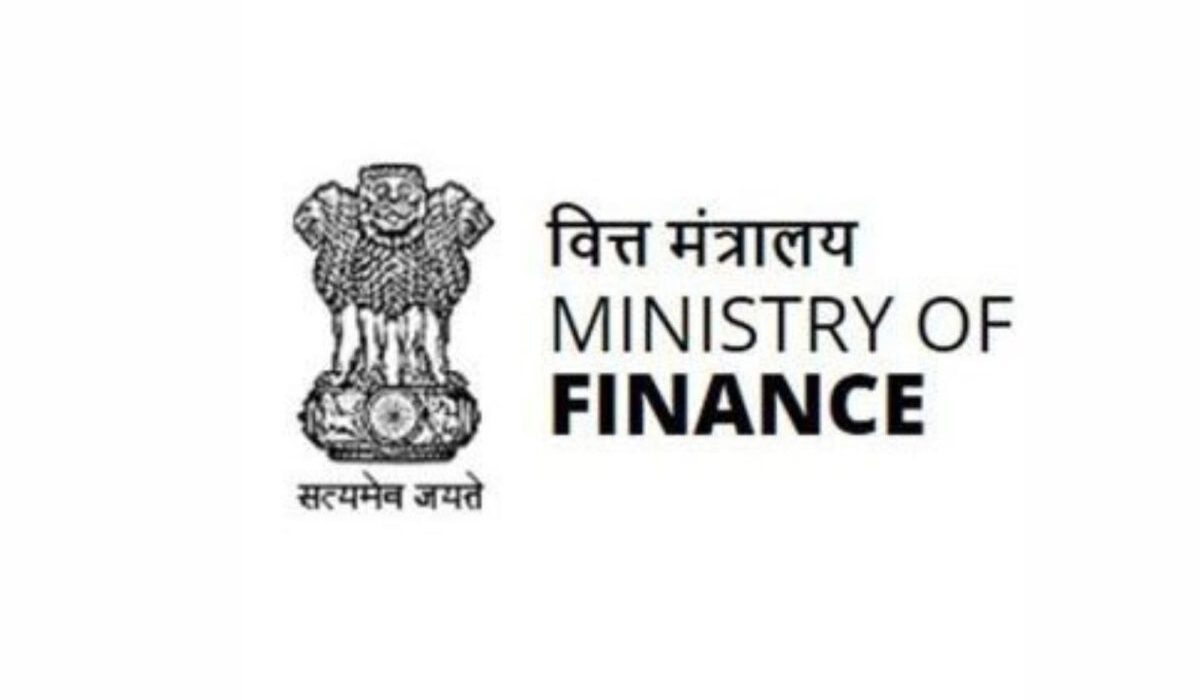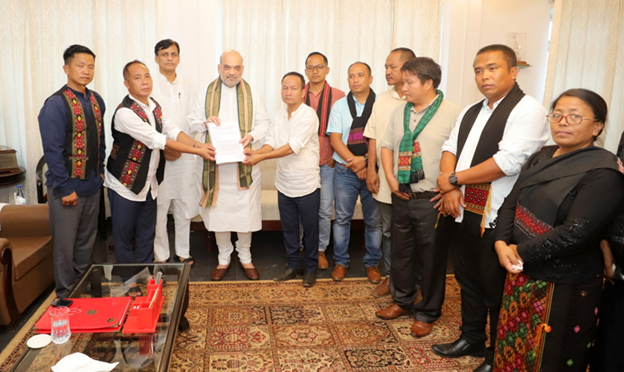India, ADB Sign $181 Million Deal To Improve Livability, Mobility In Ahmedabad

India and the Asian Development Bank (ADB) on Wednesday signed a $181 million loan agreement, aimed at improving infrastructure and services in the peri-urban areas, or the outskirts, of Gujarat’s Ahmedabad city.
The initiative aims to achieve this by enhancing physical and social infrastructure, fostering economic vibrancy, and establishing these areas as attractive investment destinations, said Juhi Mukherjee, Joint Secretary of the Department of Economic Affairs, Ministry of Finance.
Rajesh Vasudevan, Officer-in-Charge of ADB’s India Resident Mission, said Ahmedabad’s economic growth presents a unique opportunity and the need to manage urban expansion effectively. He stressed the project’s focus on expanding quality urban services and improving transport connectivity, particularly for the large migrant population settling in the city’s outskirts.
Central to the project’s objectives is the upliftment of marginalized communities, including urban poor, women, and migrant workers. Through the construction of essential infrastructure, such as water distribution networks, stormwater drainage systems, and sewage treatment plants, the project aims to improve urban services and governance while promoting inclusivity and sustainability.
The project also aims to strengthen urban planning capacities by integrating climate change adaptation into development strategies. It also promotes gender equality and social inclusion to create models for planned urban development that other states can adopt.
This initiative places a strong emphasis on capacity-building initiatives, empowering government agencies to enhance financial planning, revenue generation, and infrastructure asset management. Community engagement activities, including awareness campaigns on water conservation and hygiene, aim to instill behavioral change and promote sustainable practices.
Additionally, the project emphasizes the involvement of women self-help groups in water supply operations, fostering economic empowerment and social cohesion. It also explores innovative avenues for sewage recycling through public-private partnerships, furthering sustainable resource managment practices.









